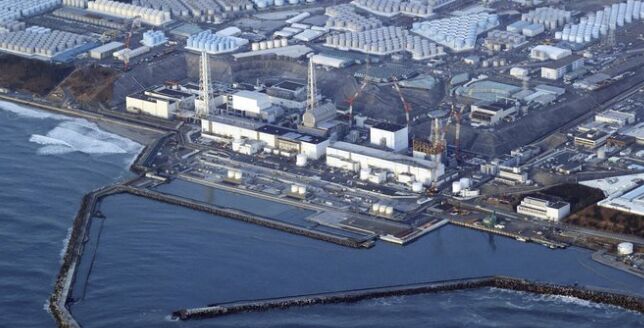Fukushima's Lingering Fears: Residents Oppose Release of Radioactive Water into Ocean, Demand Open Dialogue
The people of Fukushima express growing concern over Japan's decision to release treated radioactive water into the ocean, as fears reminiscent of the 2011 disaster resurface.
The people of Fukushima have endured the risks of radiation for the past 12 years and have seen a significant drop in radiation levels. However, there is growing concern among residents as Japan prepares to release treated radioactive water into the ocean near the Fukushima nuclear plant.
This decision has raised anxiety levels reminiscent of the devastating 2011 disaster. One group, known as Tarachine, is particularly worried about the potential consequences of releasing radioactive materials into the ocean. Comprised mostly of mothers who had no prior experience in radiology, the group has been tracking radiation levels in food and seawater since the disaster.
Their mission is to protect their children and others from the dangers of radiation. Ai Kimura, the director of Tarachine, joined the group in 2014 after losing her job as a school lunch cook due to the disaster. She taught herself how to measure radiation in order to safeguard her daughters and the community.
Now, she is advocating for more dialogue between the government, the plant operator Tokyo Electric Power, and citizens, including fishermen. According to Kimura, this issue extends beyond just Fukushima and Japan. The ocean knows no boundaries, and the consequences of releasing the treated radioactive water cannot be undone.
It is not only the responsibility of Fukushima or Japan to consider, but of the entire world. The Japanese government claims that the water has been filtered of most radioactive elements, apart from tritium, which is difficult to separate from water.
They assure that the levels of tritium will be diluted to below internationally approved standards before the release. However, Kimura's group, Tarachine, has vowed to continue monitoring the situation after the release begins.
They will provide data so that parents can make informed decisions about their children's safety, and individuals can ultimately decide for themselves whether to consume Fukushima fish or swim in the sea. The concern and opposition to releasing the treated radioactive water into the ocean highlight the deep-rooted fears and lasting effects of the 2011 disaster.
As Japan moves forward with its plans, it is crucial for the government to engage in open dialogue with its citizens to address their concerns over safety and ensure their voices are heard. Only through transparent communication can anxiety be alleviated and trust be rebuilt in the face of such a significant decision affecting the region and the world.




